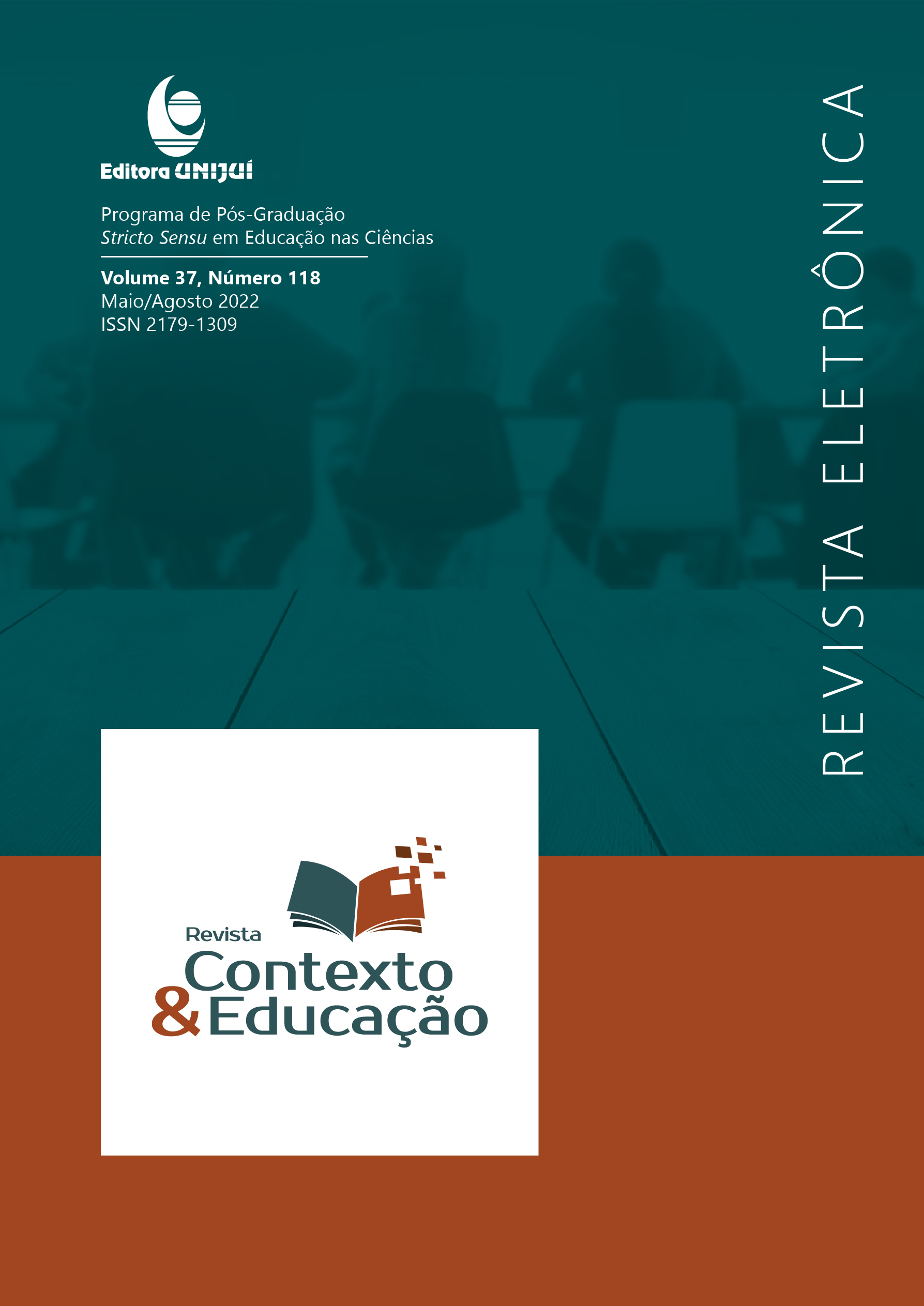The Cell Concept In The Teaching And Learning Process: Relationships Between The Ways Of Doing Science, Teaching and Learning
DOI:
https://doi.org/10.21527/2179-1309.2022.118.11468Keywords:
Citologia. Ensino de Biologia. História e Filosofia da CiênciaAbstract
The cell is constituted as the nuclear element of the organization principle, being the basic unit and the smallest part of living beings. In the historical development of the cell concept, we aim to make explicit the interrelationship between the ways of doing Science and the ways of teaching and learning biological concepts. This research has a theoretical character and is based on the foundations of historical-dialectical materialism and developmental teaching. We demonstrate the contribution of conceptual thinking to the teaching and learning process and to human development. We conclude by ratifying the need for the teaching of the concept of a cell to be carried out in a more organic way when doing scientific, evidencing its relationship with the content historically produced by humanity.
Downloads
Published
How to Cite
Issue
Section
License
By publishing in Revista Contexto & Educação, authors agree to the following terms:
All works are published under the Creative Commons Attribution 4.0 International License (CC BY 4.0), which allows:
Sharing — to copy and redistribute the material in any medium or format;
Adaptation — to remix, transform, and build upon the material for any purpose, even commercially.
These permissions are irrevocable, provided that the following terms are respected:
Attribution — authors must be properly credited, a link to the license must be provided, and any changes made must be indicated.
No additional restrictions — no legal or technological measures may be applied that legally restrict others from doing anything the license permits.
Notices:
The license does not apply to elements that are in the public domain or covered by legal exceptions.
The license does not grant all necessary rights for specific uses (e.g., image rights, privacy, or moral rights).
The journal is not responsible for the opinions expressed in the articles, which are the sole responsibility of the authors. The Editor, with the support of the Editorial Board, reserves the right to suggest or request modifications when necessary.
Only original scientific articles presenting research results of interest that have not been previously published or simultaneously submitted to another journal with the same purpose will be accepted.
Mentions of trademarks or specific products are intended solely for identification purposes and do not imply any promotional relationship by the authors or the journal.
License Agreement (for articles published from October 2025): Authors retain the copyright to their article and grant Revista Contexto & Educação the right of first publication.


